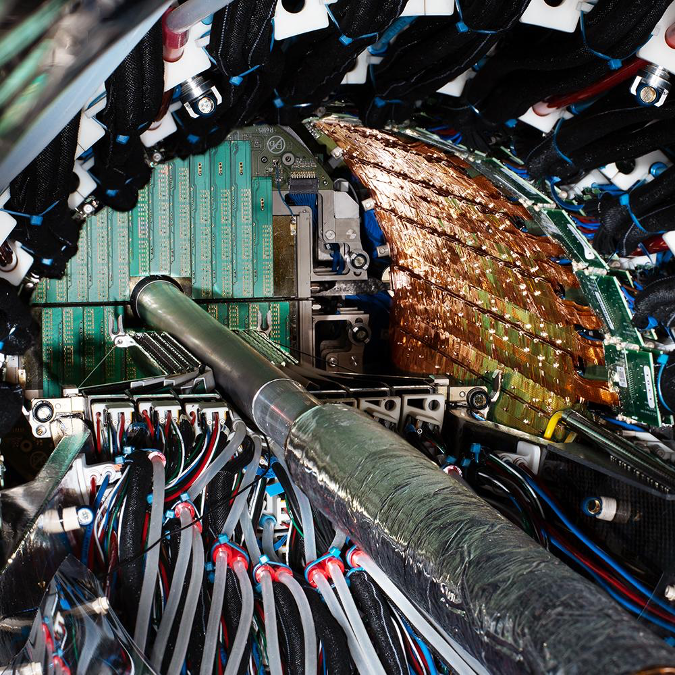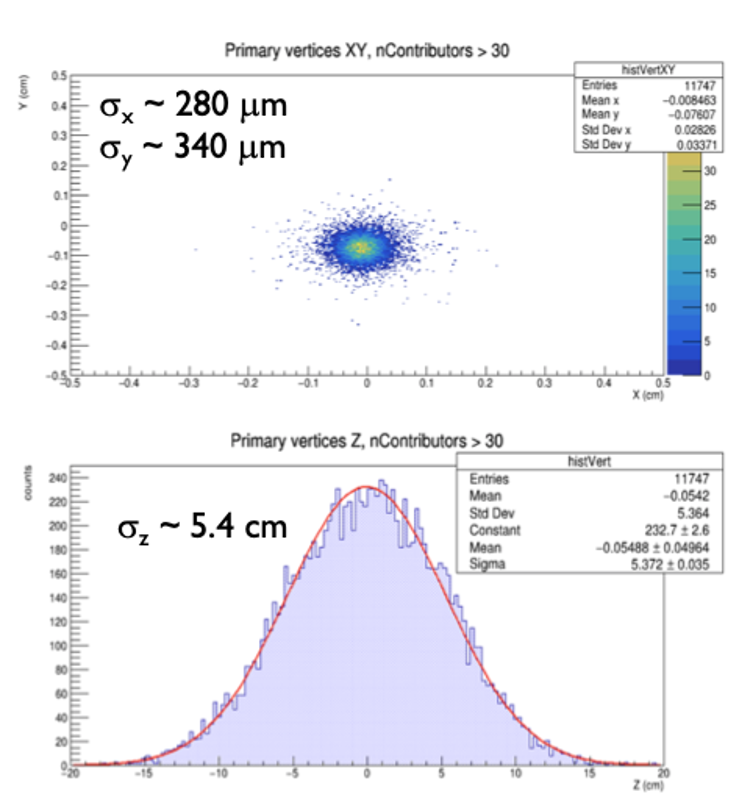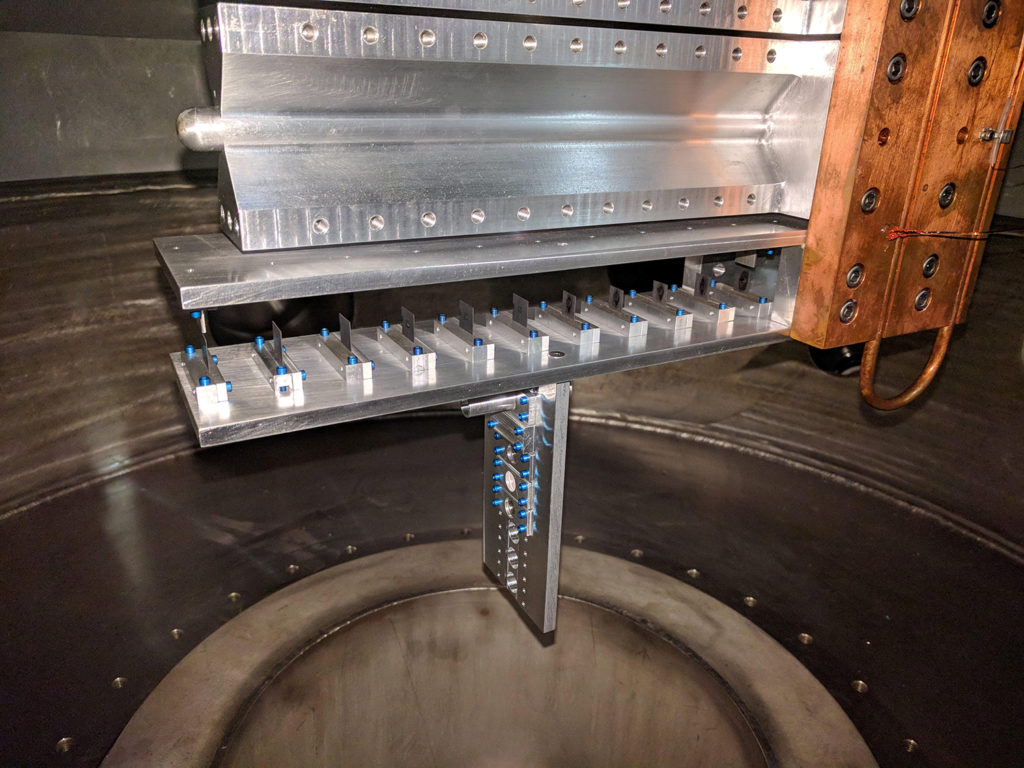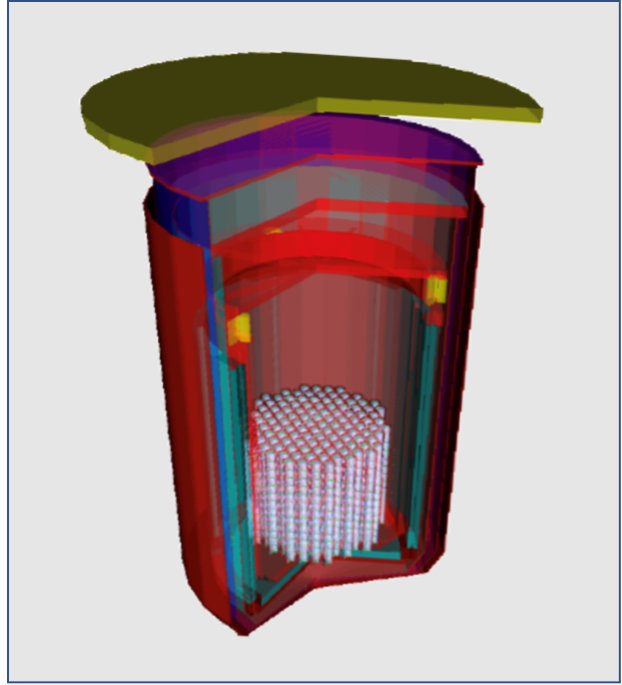
Native American Heritage and Land Acknowledgements/
As a part of recognizing Native American Heritage Month in November, we discussed the use of land acknowledgments as a way to honor Native American cultures. A land acknowledgment is a way of understanding and honoring the long-standing history that came before and has led us to reside or work on the land, and is a way to seek to understand our place in that history. In many Native American cultures, when an introduction is made this includes the lineage of an individual, which is strongly connected to the land on which their ancestors lived. As such, land is a central part of culture, and though we often may not recognize it, is key to who we are and how we live.
Internationally, land acknowledgments are becoming increasingly common. For those of us at Berkeley Lab, if we want to include a land acknowledgment at the beginning of an event, for example, to recognize and honor the local Indigenous communities, the following is one way to phrase such a message:
The land we work on is in Huichin (Xučyun), the ancestral and unceded territory of the Ohlone People.
We acknowledge the Chochenyo Ohlone people of the Bay Area and California and recognize their continuing connection to land, waters, and culture. We pay our respects to their Elders, past, present, and emerging.
Recent IDEA topics and NSD Staff Meetings
- November 30, 2021 – LBL workforce demographics
- November 16, 2021 – Intersectionality follow-up
- November 2, 2021 – Native American Heritage Month & Land Acknowledgments
- October 19, 2021 – Funded DEI initiatives
- October 5, 2021 – Intersectionality
- September 21, 2021 – Postdoc appreciation week
Luminary Cards
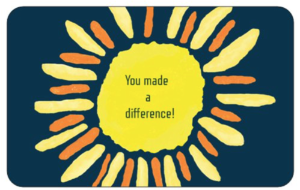
We’d like to remind everyone, as we continue to largely work remotely, that the Luminary Card program is virtual! You have the opportunity to recognize your co-workers with a virtual Luminary Card for any action fostering inclusion, diversity, and equity within our LBNL community. Recipients who register their cards may choose to be named in this space in a future NSD newsletter.
